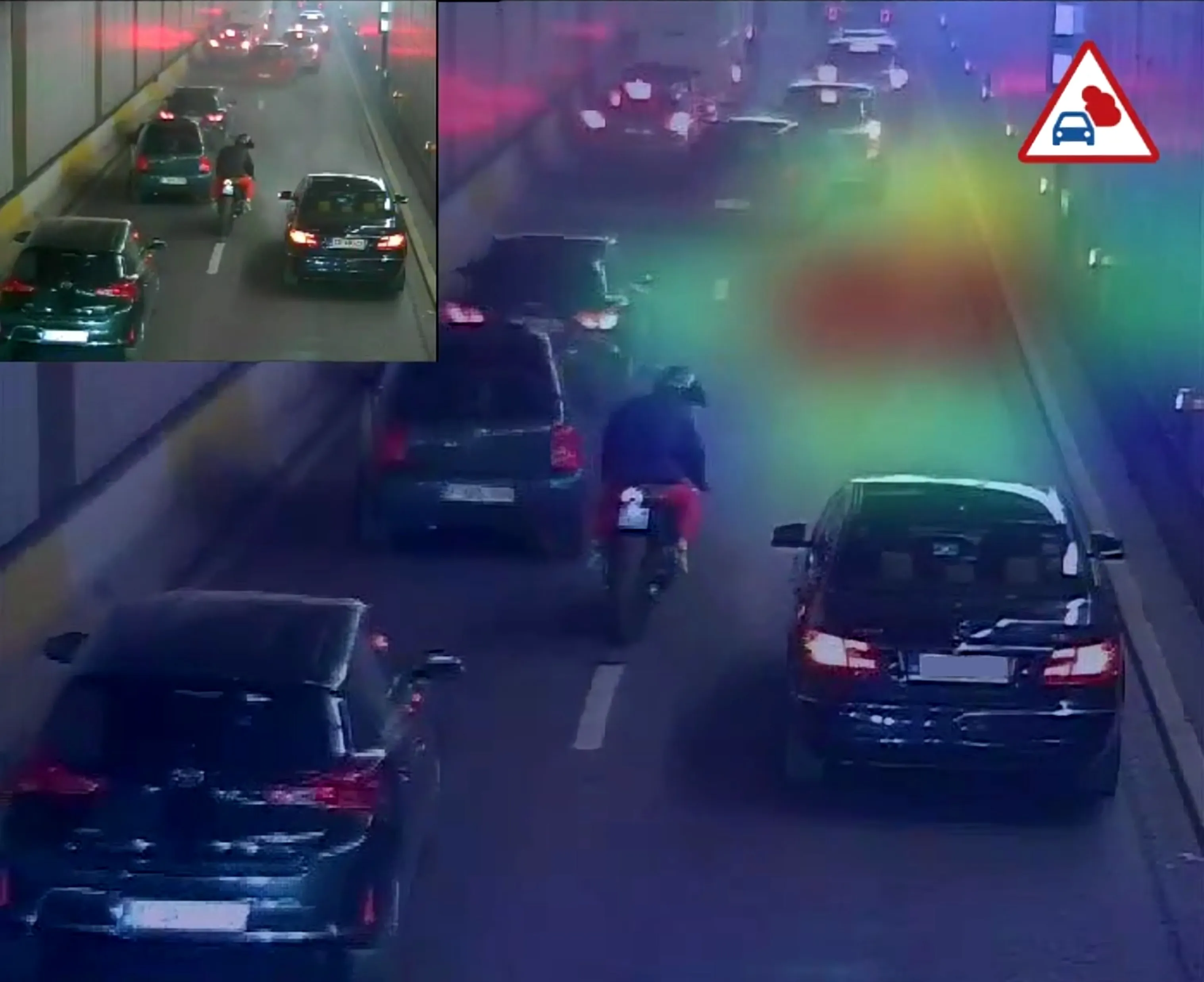In South Korea's Seoul city, the city government has developed a smartphone application, called Seoul's Fast Ways, to show road conditions to users in real time.
March 13, 2012
Read time: 1 min
In South Korea's Seoul city, the city government has developed a smartphone application, called Seoul's Fast Ways, to show road conditions to users in real time. The free application will provide information for roads around Mt Nam, expressways in the city and the downtown area. The levels of road congestion will be shown in different colours, with updates available every one to five minutes, whereas information on road closure caused by construction, events or accidents will be shown instantly. The average speed of cars on the roads will be shown and video clips will be recorded via surveillance cameras. The smartphone application can be downloaded by iPhone and Android users from App Store and Android Market for free.










